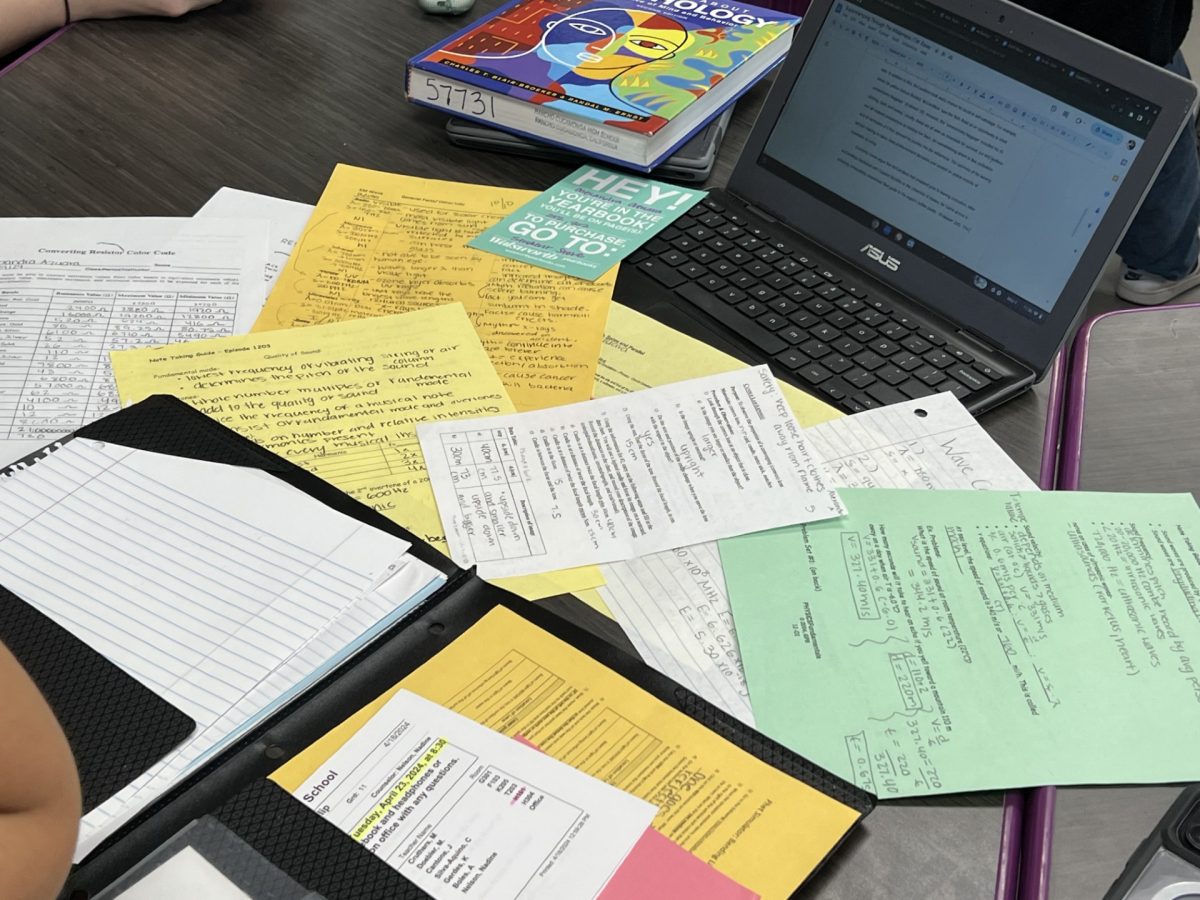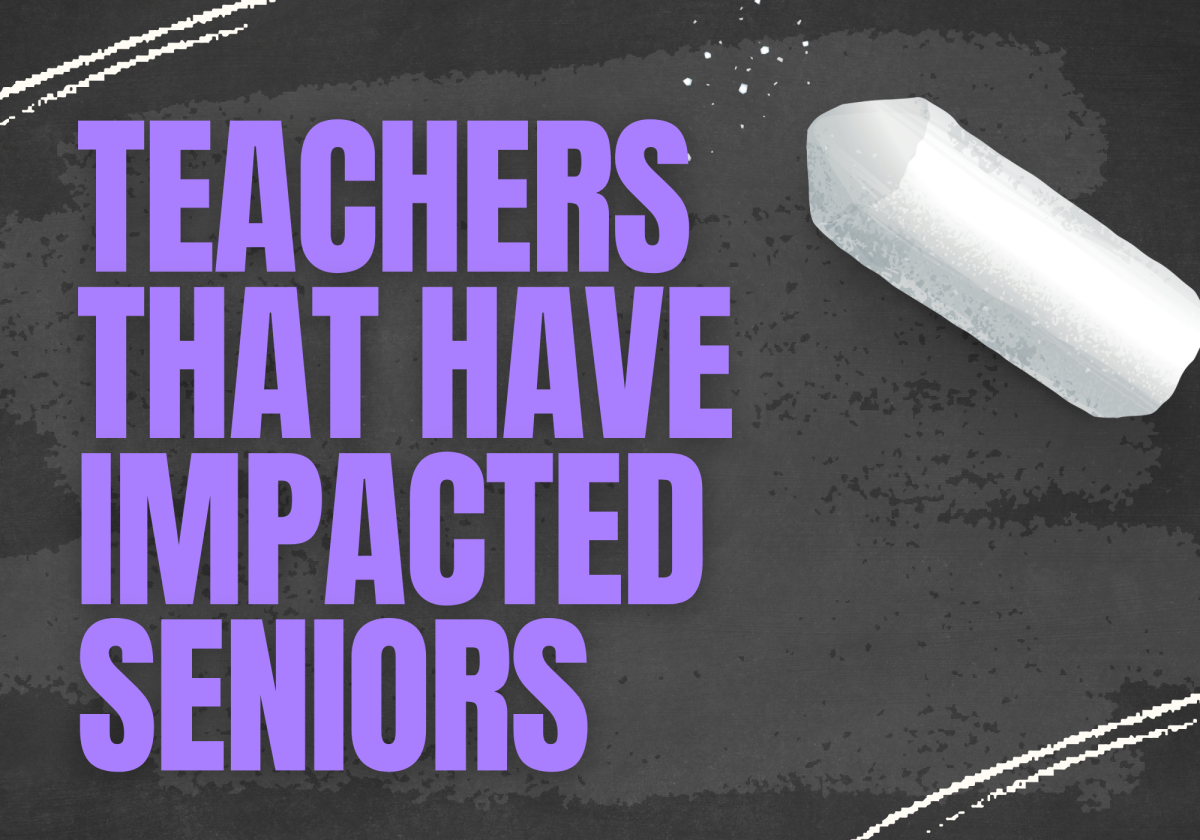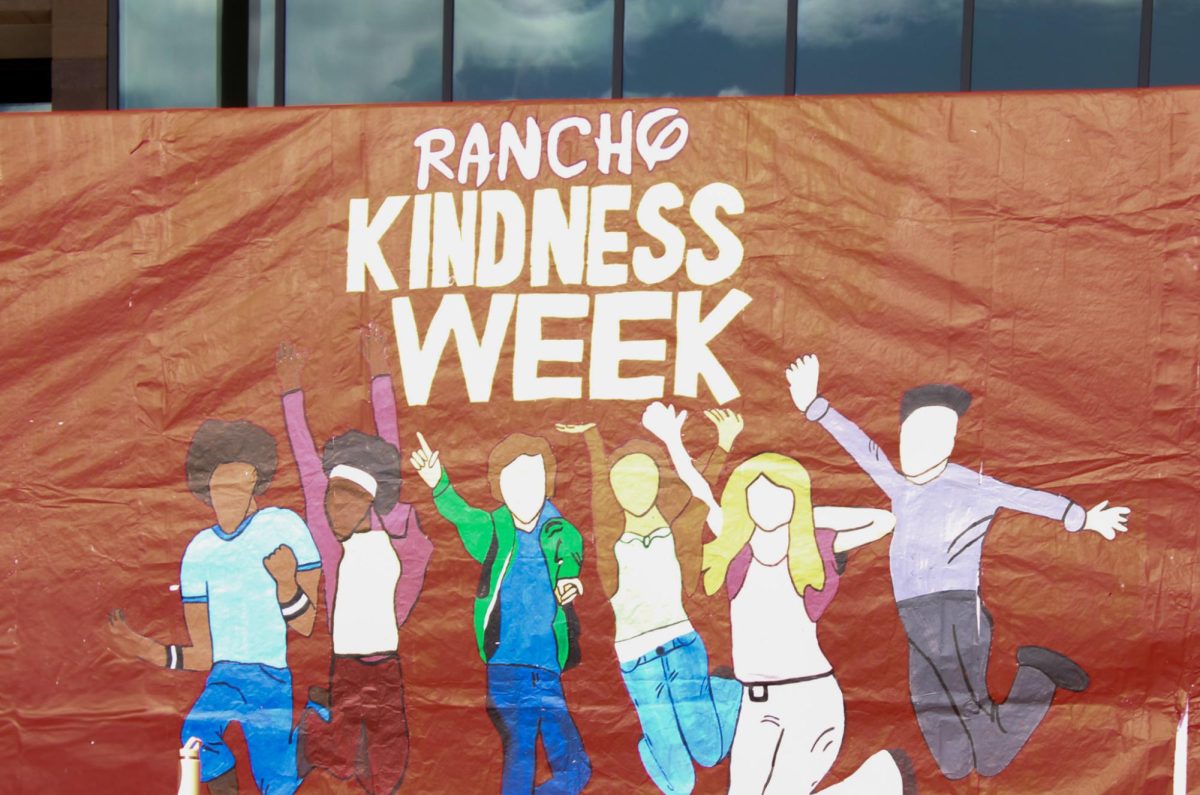Student burnout and senioritis are not uncommon experiences. Many students, regardless of their academic level, face these challenges throughout their school careers. But what are they, and how can they be overcome?
Student burnout, also widely known as academic burnout, is a type of burnout that can have severe consequences resulting from extended academic stress.
What is burnout?
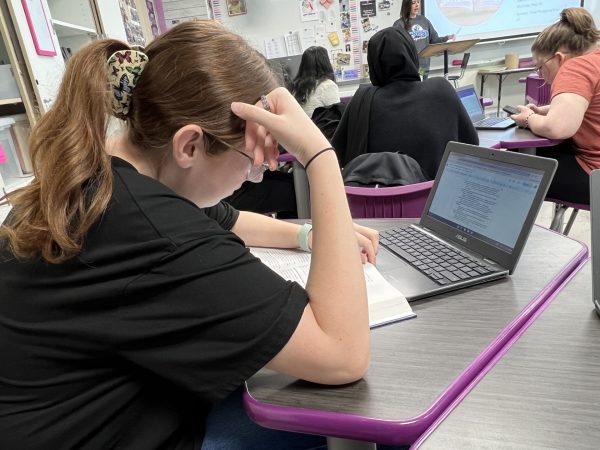
Students may burn out when they face ongoing challenges, stress, and frustration from schoolwork in their classes, most likely with no time to relax or recharge. Other factors of burnout include lack of sleep, poor time management, poor eating habits, family stress, and limited to no physical activity.
To cope with burnout, it’s important to prioritize self-care, manage time effectively, and seek support from friends, family, or school counselors. However, it’s equally important to take a proactive approach by recognizing the early signs of burnout and implementing preventive measures.
According to Psychology Today, “By definition, burnout is an extended period of stress that feels as though it cannot be ameliorated. If stress is short-lived or tied to a specific goal, it is most likely not harmful. If the stress feels never-ending and comes with feelings of emptiness, apathy, and hopelessness, it may be indicative of burnout.”
According to the Albert Einstein College of Medicine, the main symptoms of academic burnout are a lack of motivation and interest, physical health issues, decreased academic performance, impaired ability to focus, and a lack of creativity. It can also lead to headaches, insomnia, and even depression.
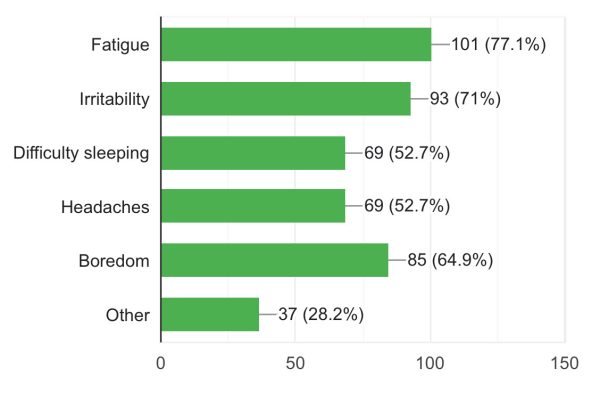
During their younger years, students are often told that getting good grades and receiving A’s on their report cards are their jobs. But when faced with the uncertainty of adulthood, college, and life outside of the school system, they can lose faith in the advice they were given.
Many students find it challenging to work toward a goal they no longer believe in. “Equally pressing is working toward a goal that doesn’t resonate, or when a person lacks support,” said Psychology Today.
In a recent survey, 131 Rancho Cucamonga High School students responded to a question asking them how many times they have experienced burnout during high school. Overwhelmingly, 43.5% of the respondents said they have experienced it five or more times.
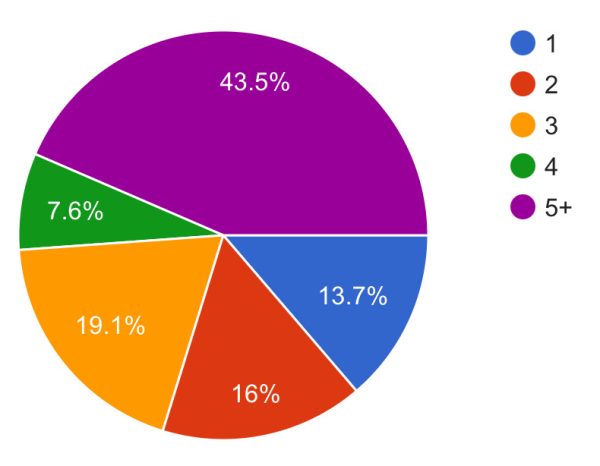
But how can you tell if you’re burnt out? According to Psychology Today, “Physical and mental exhaustion, a sense of dread about work, and frequent feelings of cynicism, anger, or irritability are key signs of burnout. Those in helping professions (such as doctors) may notice dwindling compassion toward those in their care. Feeling like you can no longer do your job effectively may also signal burnout.”
Burnout is primarily common in December and May, during the final moment of the semester. This part of school is usually called ‘cram time,’ when teachers cram assignments necessary for graduation or passing. Similarly, senioritis often peaks in the last few months of the school year, when students eagerly await graduation and the start of summer break. The anticipation of these significant events can contribute to a decrease in motivation and interest in schoolwork.

Academic burnout can also affect other areas of the student’s life, such as sports, hobbies, and extracurricular activities. For instance, as a senior attending RCHS, Camden Newbury shared his personal experience.
“Because of my burnout, I’ve had a hard time enjoying my hobbies like playing video games and drawing,” Newbury said. “My personal life suffers even though my academic life is what’s causing me stress.”
Newbury’s real-life example highlights the impact of burnout on a student’s overall well-being.
Mr. Bo Dauser, a history teacher and varsity football coach at RCHS, shared his opinion on student burnout compared to athletes.
“I think it’s fairly similar,” Dauser said. “I think with students, it’s more related to school, and with athletes, it’s more related to practice schedules, kinda repetitive in the routines, and they can go hand-in-hand and can be quite similar. Obviously, they’re not the exact same, but they can lead into one another.”
Can the coaches tell if one of their athletes is burnt out?
“It’s hard to tell unless they’re really vocal about it, or you really start to see their grades drop, it’s either one of those two things that really pinpoints that they’re burnt out,” Dauser said. “Otherwise, most kids will stay quiet or keep to themselves, but if we start to notice them coming to us and telling us that they’re burnt out, then we try to address it.”
For students who are involved in campus activities and extracurriculars, burnout can be more prevalent.
“It’s hard to stay focused on the field because school takes up so much of my life. When I’m practicing or at games I feel way more anxiety just because school is tough at the moment. It makes it hard to enjoy playing the game,” an RCHS freshman involved in sports, who asked to stay anonymous, said.
In the same survey, students were asked if they thought academic burnout and senioritis were the same. The results show that 64.9%, or 85 out of 131, said no, which shows how burnout is a more severe problem than senioritis.
What is senioritis and what makes it different from burnout?
Senioritis is the unofficial name for decreased motivation in students nearing the end of their last school year—whether in high school, college, or graduate school. It’s usually associated with seniors in high school or college, with the “I just want to be done” mindset.
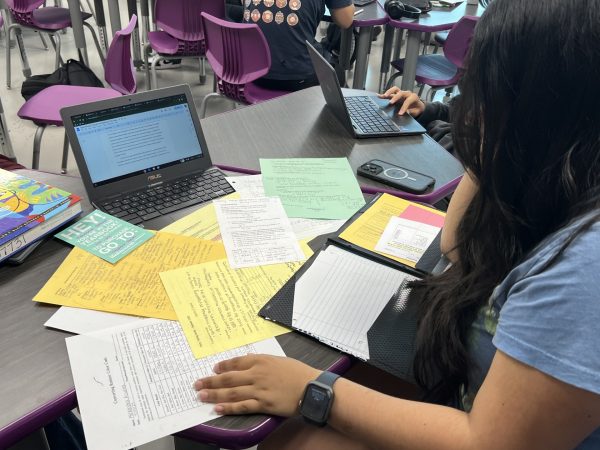
Ms. Jaclyn Cantone, an RCHS psychology and economics teacher, predominantly teaches juniors and seniors. She explained how senioritis and burnout are different.
“In my opinion, senioritis is losing motivation in school,” Cantone said. “Students are anticipating graduation and moving on to the next phase of their lives and might “give up” on current high school work.”
Cantone further stated that senioritis affects students’ ability to attend classes, complete assignments, and study for exams. But how is this different from burnout?
“Burnout is feeling physically and mentally exhausted from the amount of work that needs to be completed,” Cantone said. “Burnout can disrupt sleep patterns and cause a decreased mood, making daily tasks difficult.”
Recognizing the signs of burnout and senioritis is the first step toward addressing these issues. If you or someone you know is experiencing these symptoms, it’s important to seek help and support. Remember, you’re not alone in this journey.

